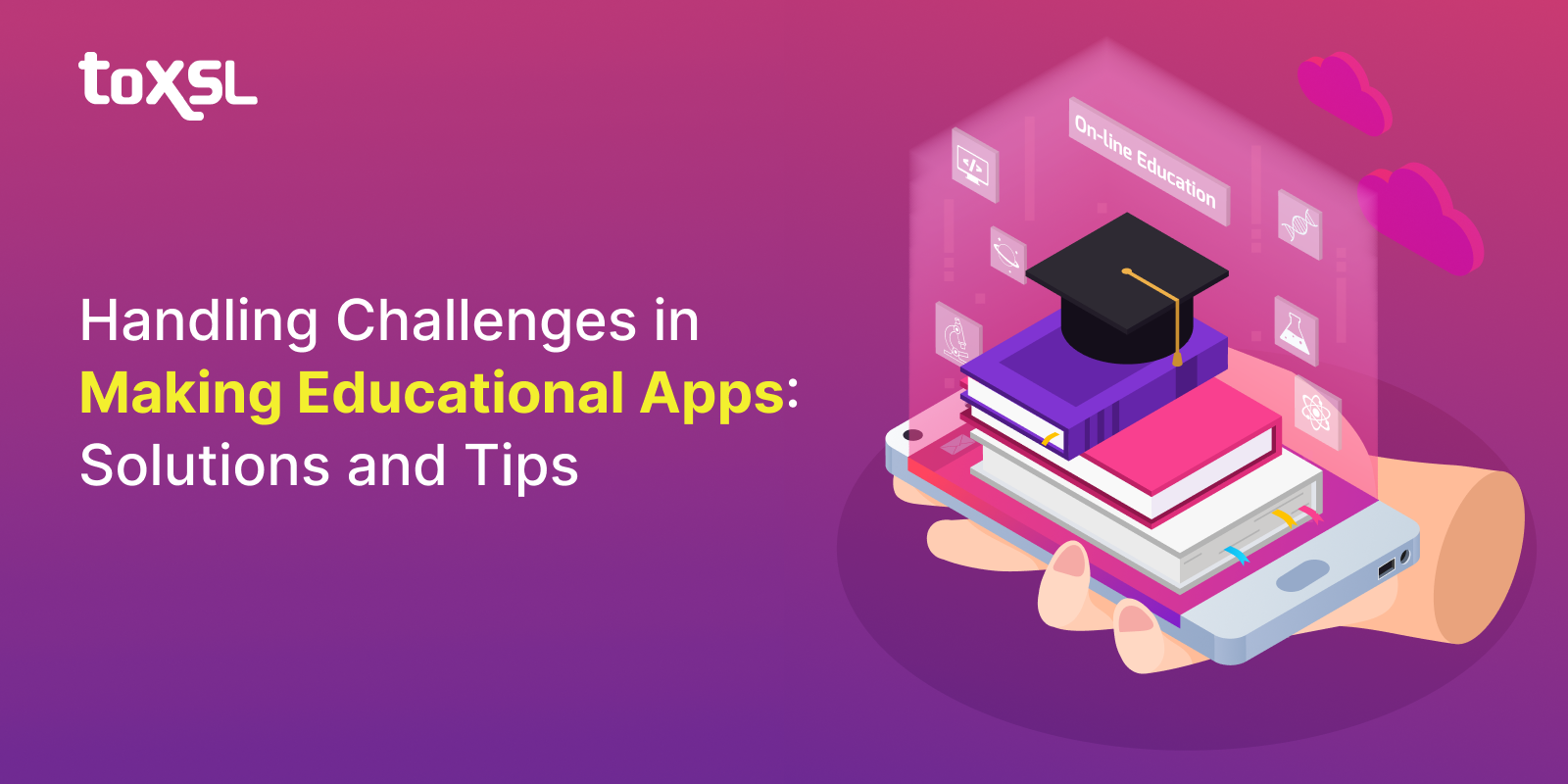Creating educational apps can be a rewarding venture, but it comes with its own set of challenges. Understanding these challenges and implementing effective solutions is crucial for success. This article outlines common obstacles faced in educational app development and provides practical tips to overcome them.
1. Identifying User Needs
Challenge: Understanding the specific needs of students and educators can be complex due to diverse learning styles and preferences.
Solution: Conduct thorough market research and user surveys to gather insights. Engage with educators and students during the planning phase to ensure the app meets their requirements.
2. Ensuring Content Quality
Challenge: Educational content must be accurate, engaging, and up-to-date, which can be difficult to maintain.
Solution: Collaborate with subject matter experts to create high-quality content. Regularly review and update the material based on feedback from users and advancements in the field.
3. User Engagement
Challenge: Keeping users engaged in an educational app can be challenging, especially with competing distractions.
Solution: Incorporate gamification elements such as quizzes, badges, and rewards to motivate users. Use interactive features like videos, animations, and simulations to enhance learning experiences.
4. Technical Issues
Challenge: Technical glitches can frustrate users and hinder their learning experience.
Solution: Invest in thorough testing before launch. Utilize beta testing with real users to identify bugs and gather feedback. Ensure that your mobile app development company follows best practices for coding and quality assurance.
5. Accessibility
Challenge: Making apps accessible for users with disabilities is often overlooked but essential.
Solution: Follow accessibility guidelines (such as WCAG) during development. Implement features like text-to-speech, adjustable font sizes, and alternative text for images to accommodate all learners.
6. Monetization Strategies
Challenge: Finding the right monetization strategy without compromising user experience can be tricky.
Solution: Consider multiple monetization models such as freemium access, subscription services, or in-app purchases. Ensure that any ads or paid features do not disrupt the learning process.
Frequently Asked Questions (FAQs)
What are the key components of a successful educational app?
Successful educational apps typically include engaging content, user-friendly design, interactive features, and regular updates based on user feedback.
How important is user feedback in app development?
User feedback is crucial as it helps developers understand what works well and what needs improvement, leading to a better overall user experience.
Can educational apps be developed for both Android and iOS?
Yes, many educational apps are built using cross-platform frameworks like Flutter, allowing them to run on both Android and iOS devices efficiently.
What should I look for in a mobile app development company?
When choosing a custom mobile app development company, consider their experience in educational app development, portfolio of past projects, client reviews, and technical expertise.
Conclusion
Developing educational apps presents unique challenges that require thoughtful solutions. By understanding user needs, ensuring content quality, maintaining engagement, addressing technical issues, prioritizing accessibility, and selecting appropriate monetization strategies, developers can create effective educational tools that enhance learning experiences. With careful planning and execution, your educational app can make a significant impact in the field of education while navigating the complexities of mobile app development successfully.
